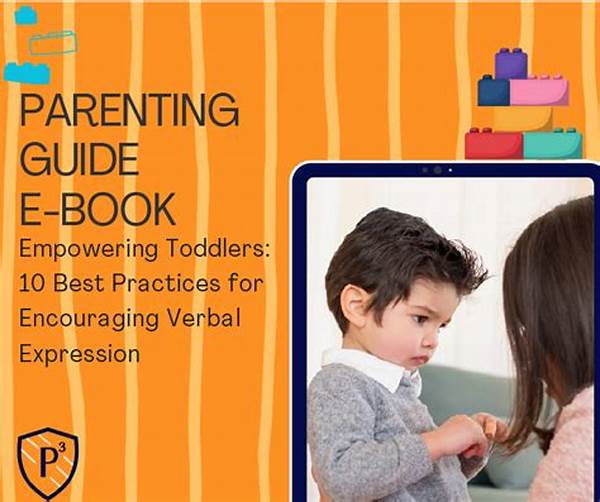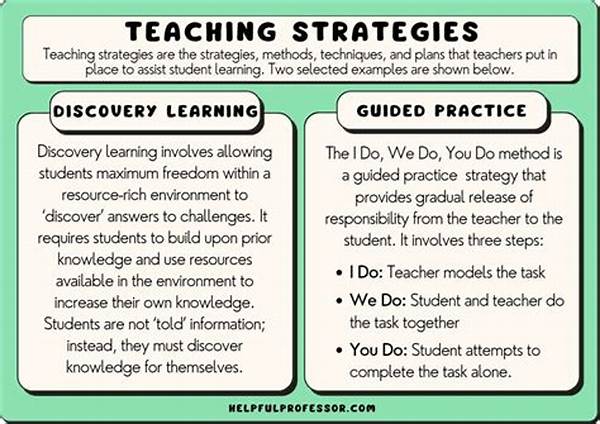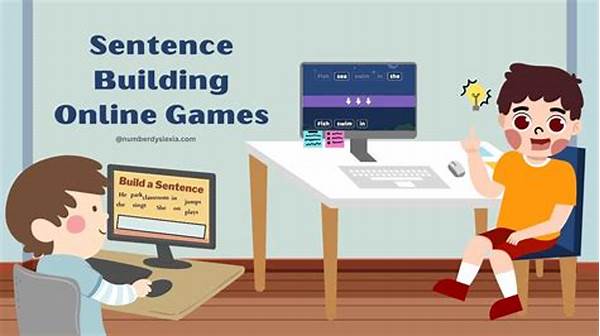Once upon a time, in a small, cozy town bustling with curious tots, there lived a little boy named Max. Max was a whirlwind of giggles, imaginative play, and endless curiosity. Yet, when it came to expressing himself through words, Max held a certain mystique—he reserved them like rare gems. Max’s parents, understanding the art hidden behind his silent gestures, embarked on a whimsical journey to unlock his verbal treasure chest.
Read Now : Books To Inspire A Positive Change
The Magic of Little Words
Max’s parents knew that encouraging verbal expression in toddlers required a sprinkle of patience and a lot of creative interaction. They turned their home into a playful kingdom of words, where every moment was an opportunity for chatter and delight. Over breakfast, Max’s mom would narrate stories of cereal-land adventures. During bath time, dad introduced the splashy tales of Captain Bubbles. Gradually, Max began to sprinkle his words into these narratives, turning giggles into verbal gems.
In their quest, Max’s parents exchanged formal language for fun slang, bridging the gap between adult-chatter and toddler-talk. Words like “yummy” morphed into “nom-nom,” and a simple “hello” became “hey!” Max found comfort in these familiar tones, slowly building confidence to express himself freely. Verbal playfulness became a daily fiesta, encouraging verbal expression in toddlers like Max to become a joyful, family affair.
In this lively, word-filled wonderland, even ordinary errands transformed into word-hunt missions. A walk in the park wasn’t complete without play-acting as birds and squirrels, while the grocery store doubled as a treasure island, with aisles filled with label riddles. Communication morphed into a playful symphony, where Max learned that every word was a new adventure waiting to be unleashed.
Everyday Chatter as a Tool
1. Morning Pep Talk: Everyday started with a “Morning, sunshine!” coaxing Max into a world where words are the breakfast of champions. These greetings were small nudges in encouraging verbal expression in toddlers.
2. Toy Conversations: Talking toys doubled as conversation partners. Simple talks with Mr. Teddy encouraged Max, showcasing that words could indeed be friends, encouraging verbal expression in toddlers.
3. Snacktime Giggles: Choosing snacks meant inventing new names for every munch, a tasty way to familiarize Max with diverse words while encouraging verbal expression in toddlers.
4. Bedtime Chats: Stories with Max as the hero added a personalized twist to storytelling, making it an innovative way of encouraging verbal expression in toddlers.
5. Playdate Parlance: Fun playdates where sharing words came as naturally as sharing toys, depicting the effortless exchange of verbal expressions among toddlers.
Finding Words in Whimsy
Diving deeper into the ramblings of toddlerhood, Max’s parents realized that encouraging verbal expression in toddlers often comes wrapped in whimsy. This world wasn’t about forming perfect sentences; it was a land of word-paint, where expressive artistry held sway over pristine grammar. In playful activities, words flowed like vibrant colors on a canvas, with Max leading the parade of chatter.
Max’s journey showed his parents that words woven into laughter and play helped sharpen his verbal sword. They encouraged Max to use his words to create silly songs, narrate little stories about his day, or simply ramble about life as he saw it. Toddler logic, while breaking every rule of formal grammar, actually built a rich vocabulary rooted in self-expression and creativity.
The Joy of Jibber-Jabber
1. Baby Babble: Those fragmented sentences? Pure gold in toddler-talk. It’s their unique language, no holding back when encouraging verbal expression in toddlers.
2. Gibberish Games: When “blah blah” translates to a universe of ideas, Max’s emotional compass found expression in babble and clatter.
3. Silly Rhymes: Nonsensical rhymes with rhythm and humor encouraged Max to take verbal leaps. “Twinkle twinkle, kooky star, how you wiggle near and far”—such expressions kept words light and amusing.
4. Echo Play: Repeating silly words from echoes turned giggles into chatters and shed apprehension in toddlers, encouraging verbal expression in toddlers to new heights.
Read Now : Teen Fiction For Festive Seasons
5. Expressive Grunts: Grunts, hums, and exaggerated tones weren’t just noises but Max’s way of adding pizzazz to conversations, boosting his verbal flair.
6. Impromptu Songs: Spontaneous melodies, often without sense but filled with heart, which encouraged even the shyest words to come out to play.
7. Squeaky Sounds: Mimicking sounds of nature or animals added that playful touch to Max’s growing vocabulary, embedding sound with speech.
8. Sound-effect Stories: Blender noises and car vroom-vrooms made storytelling all the more compelling and expressive, igniting a spark in telling those little tales.
9. Make-believe Vocabulary: Penning new words proved that creativity could break traditional barriers, making way for unique, personalized dialects.
10. Laugh Talk: Mixing humor with learning showed Max that words were not only tools of expression but joy-filled companions.
Crafting Stories with Little Words
When Max created his own little world, words turned into toys of imagination. Imaginary friends, epic sound effects, and silly dialogues became the order of the day. His language grew not through rote memorization but through the unfolding of imaginative tales, encouraging verbal expression in toddlers like him, making it an unstructured yet impactful journey.
From early gibberish to more coherent expressions, every new word and phrase expanded Max’s universe. Each verbal leap was celebrated with applause, encouraging Max to explore further, unwinding the myriad sounds surrounding him. His parents recognized that in this realm, every nonsensical tale was a milestone conquered—a small but significant step forward in his verbal journey.
Cherishing Every Spoken Adventure
Everyday experiences nurtured Max’s budding verbal skills, encouraging verbal expression in toddlers to create strong bonds with family and peers alike. The journey was never about rushing through verbal milestones, but rather embracing the joyous chaos. Encouraging verbal expression in toddlers became a delightful adventure, where language was understood not just as words but as feelings and stories shared among loved ones.
Wrapping Up Toddler Talk Tales
Max’s journey into the world of words showcases that words are more than just sounds—they are little bridges connecting to the heart. Encouraging verbal expression in toddlers doesn’t need strict rules. It’s about inspiring spontaneous laughter, celebrating silly stories, and understanding that every word uttered, no matter how small or scribbled with play, is a step towards a lifetime of meaningful conversation.
By diving into this playful realm of chatter and glee, toddlers like Max experience the world in ways words can’t fully capture. Their exploration isn’t about reaching the end goal quickly but about relishing each whimsical step taken. Encouraging verbal expression in toddlers entails embracing the imperfections of language and celebrating each triumph, no matter how tiny.




